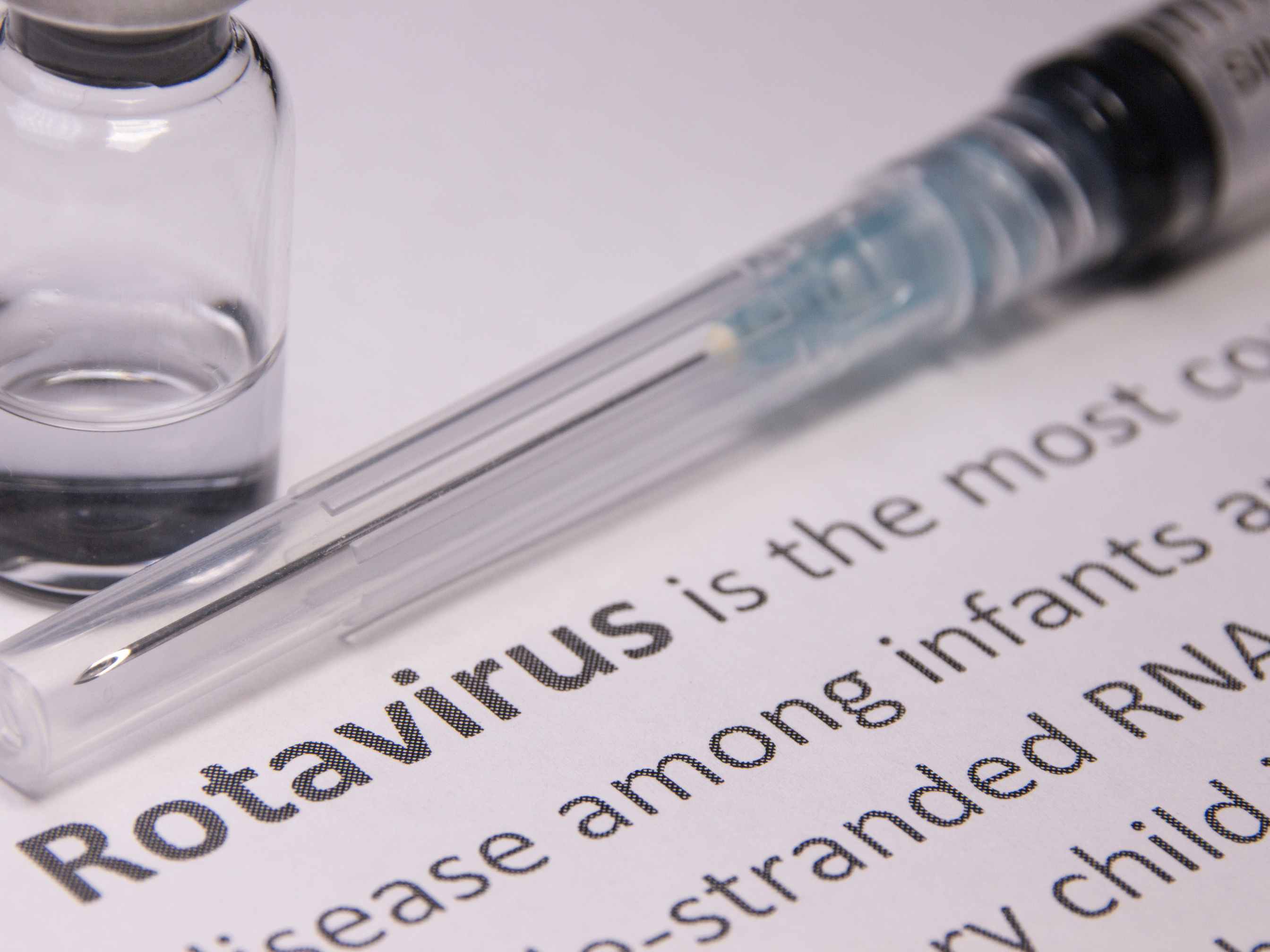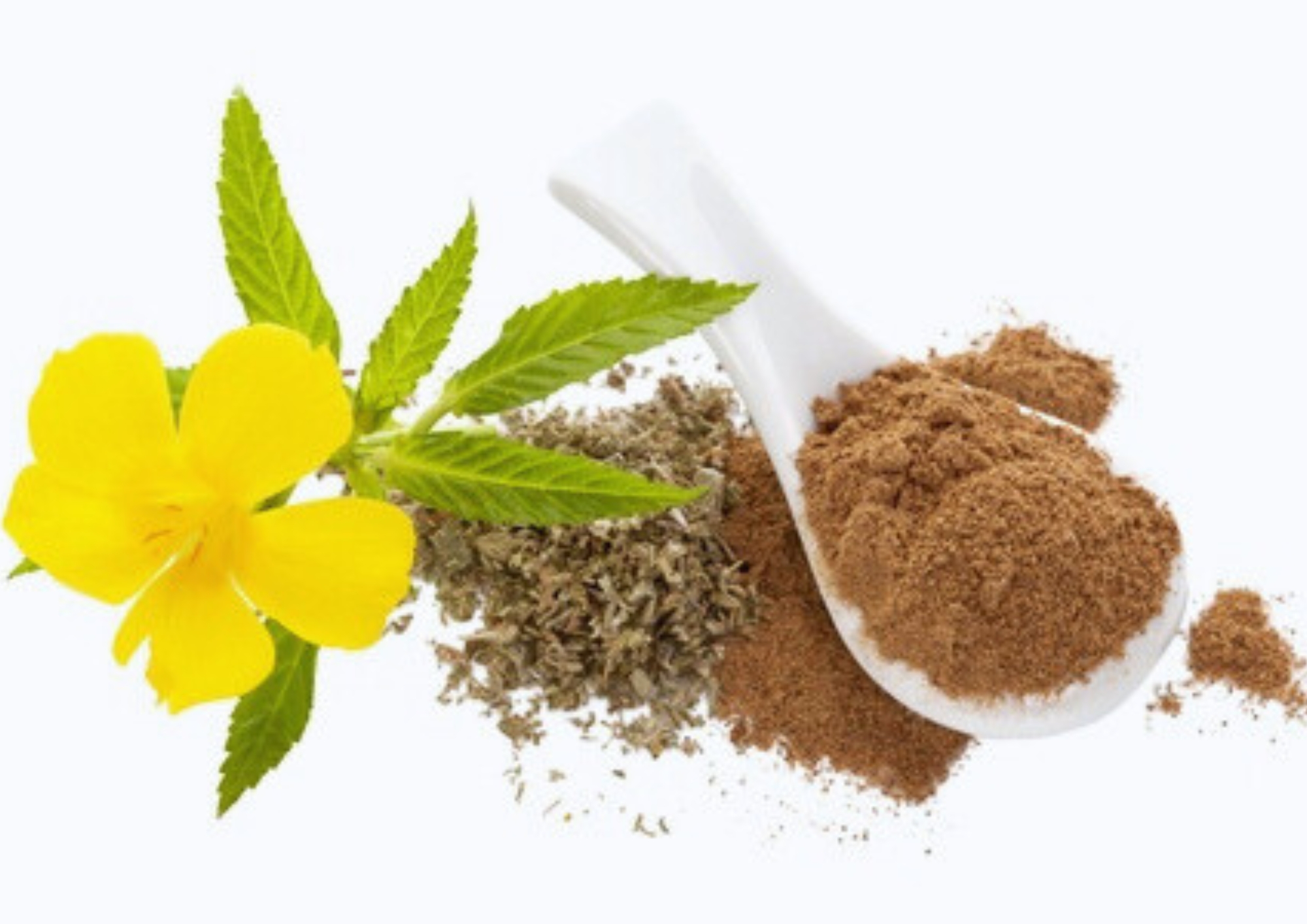Milk Thistle (Silybum marianum): A Natural Protector for Liver Health
Milk thistle, known scientifically as
Silybum marianum, is a flowering herb native to the Mediterranean region and highly regarded for its liver-protective properties. The herb’s seeds are packed with silymarin, a powerful group of flavonoids that offer antioxidant, anti-inflammatory, and hepatoprotective benefits. As a result, milk thistle supplements are widely used to support liver health, particularly for individuals managing liver conditions like Hepatitis B.
What Is Milk Thistle and Where Does It Grow?
Milk thistle originates from central and western Europe and northern India, thriving in Mediterranean climates. Over time, it has become naturalized across southern Europe, Africa, India, China, Australia, South America, and many areas of North America. Milk thistle’s resilience allows it to grow in various climates, making it accessible to people worldwide who seek natural support for their liver health.
Top Milk Thistle Benefits for Liver Health
1. Antioxidant Protection One of milk thistle’s most potent attributes is its antioxidant capacity. Silymarin helps neutralize free radicals—unstable molecules that can damage cells and lead to oxidative stress. For individuals with Hepatitis B, oxidative stress is particularly concerning, as it exacerbates liver damage. By reducing oxidative damage, silymarin supports liver cell health and overall liver function, which is essential for managing Hepatitis B effectively.
2. Anti-Inflammatory Effects Chronic inflammation often accompanies liver diseases, contributing to further cell damage and disease progression. Milk thistle’s silymarin has anti-inflammatory properties that help reduce liver inflammation. By regulating inflammatory pathways, it assists the liver’s healing process, alleviating inflammation and potentially slowing disease progression in Hepatitis B patients.
3. Hepatoprotective Properties Milk thistle’s hepatoprotective effects make it a popular supplement for those with compromised liver function. Silymarin can strengthen liver cell membranes, making them more resilient to toxins and viruses. This liver-protective quality is invaluable for individuals with Hepatitis B, as it helps shield the liver from further harm and promotes long-term health.
4. Enhanced Liver Regeneration Studies suggest that milk thistle may also aid liver regeneration by stimulating the production of new liver cells. This regenerative capacity is particularly helpful for individuals with Hepatitis B, as it supports the liver’s natural ability to repair and maintain healthy tissue. Over time, this property can improve overall liver health and resilience.
5. Complementary Support for Hepatitis B Treatment While milk thistle cannot replace antiviral medication, it is often used as a complementary therapy. Some studies indicate that silymarin may enhance the effects of conventional Hepatitis B treatments, potentially reducing side effects and improving outcomes. However, anyone considering milk thistle for this purpose should consult their healthcare provider to ensure it aligns with their treatment plan.
Using Milk Thistle Safely: Important Precautions
1. Consult Your Healthcare Provider: Always speak with a healthcare provider before starting milk thistle, especially if you’re taking other medications or managing liver conditions like Hepatitis B.
2. Possible Side Effects: While milk thistle is generally well-tolerated, some individuals may experience mild gastrointestinal issues, such as nausea or diarrhea. Starting with a lower dose can help minimize these side effects.
3. Quality Matters: Use high-quality milk thistle supplements from reputable sources to ensure you’re receiving potent and pure silymarin.
Final Thoughts
Milk thistle (
Silybum marianum) provides a natural way to support liver health, thanks to its antioxidant, anti-inflammatory, and regenerative properties. While particularly beneficial for those with Hepatitis B, milk thistle’s protective effects make it a valuable supplement for anyone interested in promoting liver wellness. Always consult with your healthcare provider before adding milk thistle to your regimen, especially if you have liver disease or other health concerns.
References:
- Saller, R., Meier, R., & Brignoli, R. (2001). "Silymarin in the treatment of liver diseases: what is the clinical evidence?" Evidence-Based Complementary and Alternative Medicine, 2001(2), 12-18.
- Loguercio, C., & Federico, A. (2003). "Silymarin treatment of liver diseases: what is the clinical evidence?" World Journal of Gastroenterology, 9(11), 2435-2442.
- Dandelion Root Benefits for Liver Health and Detoxification
- BRAINOMAX: Enhance Memory, Focus & Brain Health











